Employers, on the other hand, have started to use micro-credentials in their hiring procedures. In a recent study, 5,000 university students, recent graduates and employers across 11 countries were surveyed by Coursera, a leading micro-credential provider, in collaboration with Repdata and Dynata, two market research companies.
It was revealed that 72% of employers tend to employ a candidate who holds a micro-credential. Similarly, 90% of students and recent graduates agree that micro-credentials enable them to stand out to potential employers.
Several global companies have indeed already started to hire candidates who have micro-credentials rather than a university degree. In an interview he gave to Auto Bild, Elon Musk noted that “there’s no need even to have a college degree at all” to work for Tesla, a leading electric car manufacturer.
No comment yet.
Sign up to comment





 Your new post is loading...
Your new post is loading...
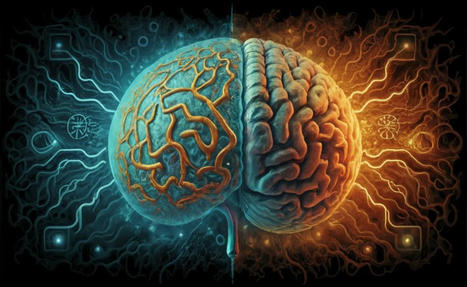

![[PDF] Horizon Report 2024: Teaching and Learning Edition | Edumorfosis.it | Scoop.it](https://img.scoop.it/WxdvjqvGCCUtyMfnkAFldDl72eJkfbmt4t8yenImKBVvK0kTmF0xjctABnaLJIm9)
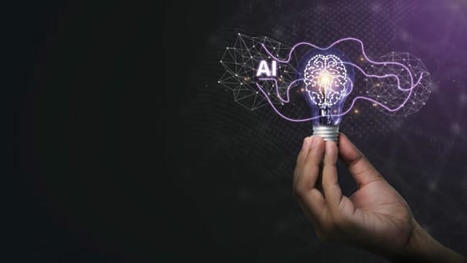



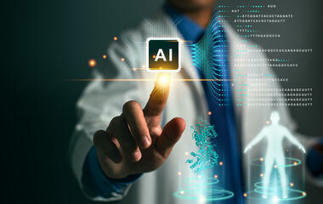









![[PDF] Students, digital devices and success | Edumorfosis.it | Scoop.it](https://img.scoop.it/kTFsNkaGPnp1IUN1OdT2qTl72eJkfbmt4t8yenImKBVvK0kTmF0xjctABnaLJIm9)



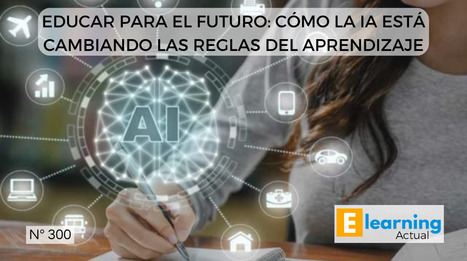
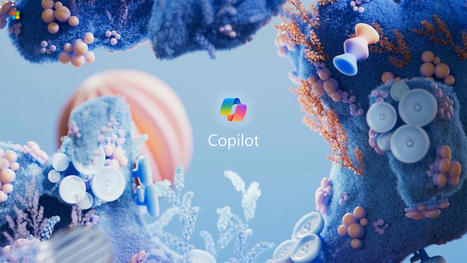
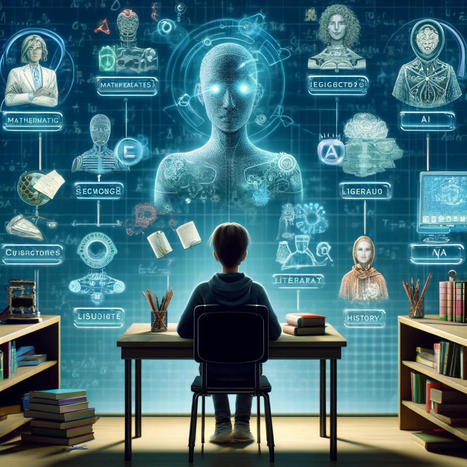






Aunque existen algunas tendencias, no se puede afirmar que las Micro-credenciales están sustituyendo los estudios universitarios. Investigaciones recientes han concluido que algunas empresas están volviendo a contratar egresados universitarios por su nivel de preparación profesional. La verdadera ruta de éxito es tener estudios universitarios que sean complementados con las Micro-credenciales. En donde las Universidades fallan es en expandir sus ofertas académicas con altos niveles de flexibilidad para atender la diversidad de necesidades de la sociedad contemporánea.